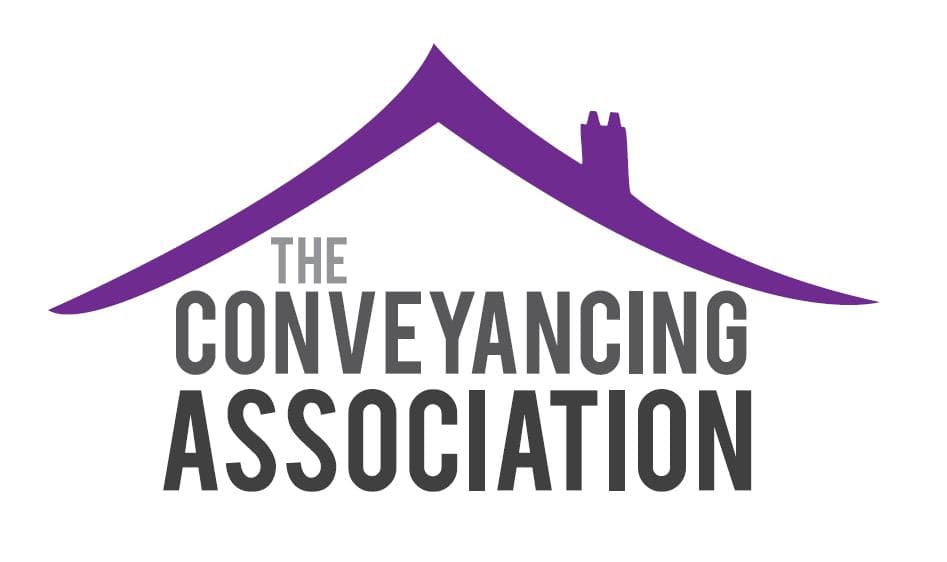9 Common Conveyancing Problems And How to Resolve Them

The conveyancing process involves various steps. Several common problems and issues can arise along the way. Here are some of the potential problems that may occur and how they are typically resolved:.
1. Chain Delays
In a property chain, where multiple buyers and sellers are linked together, delays or issues with one transaction can affect the entire chain.
Delays could result from a buyer or seller pulling out, difficulties securing a mortgage, or slow progress in the conveyancing process.
Communication and coordination among all parties in the chain are crucial to resolve this. Sometimes, solutions like bridging loans or extended completion dates may be considered.
2. Survey and Inspection Issues
Property surveys and inspections may reveal defects or other issues that require resolution. Buyers and sellers can negotiate to address these issues through repairs, price adjustments, or other arrangements.
A proficient conveyancer will work to facilitate these negotiations to ensure the issues which arise from these issues are resolved quickly.
3. Property Title Issues
Issues with the property title, such as missing documents, boundary disputes, or restrictive covenants, can arise. These issues need to be investigated and resolved legally before the sale can proceed.
This may involve obtaining missing documents, negotiating with neighbours, or applying to remove restrictive covenants.
4. Outstanding Planning Permission Or Building Regulation Approvals
If there are unapproved changes or extensions to the property, buyers may require assurance that they comply with planning permission and building regulations.
Resolving this may involve obtaining retrospective approvals from the Local Authority which can be timely and costly. In some cases, indemnity insurance policies are obtained, this is the fastest way to proceed. Policies are used to cover potential enforcement actions the Local Authority could take.
5. Search Problems
Property searches may reveal issues like planning proposals, environmental concerns, or disputes affecting the property.
Some issues may need further investigation or discussions with local authorities. Buyers and sellers should work with their conveyancers to determine the best course of action.
6. Mortgage Delays
Delays in obtaining a mortgage offer can hold up the conveyancing process. Buyers should apply for a mortgage as early as possible and ensure they have all necessary documentation ready. Lenders should also be proactive in processing applications. Usually, an estate agent will want to see a potential buyer’s offer in principal as part of the negotiation of price process with the seller.
7. Missing Documents
Sometimes, crucial documents, such as planning permissions, building certificates, or title deeds may be missing. Efforts should be made to obtain copies or replacements, but this can cause delays.
8. Seller's Legal Issues
If a seller has outstanding legal issues or debts related to the property, these must be resolved before the sale can proceed. This may involve paying off debts or obtaining legal advice to address the issues.
9. Leasehold Issues
In the case of leasehold properties, disputes with the freeholder or issues related to service charges and ground rent can arise. These may require negotiation or legal action to resolve.
To navigate these pitfalls and issues, it's crucial for both buyers and sellers to work closely with experienced conveyancers who can provide guidance, conduct due diligence, and facilitate negotiations. Communication, transparency, and cooperation among all parties involved are key to a successful and timely conveyancing process.


